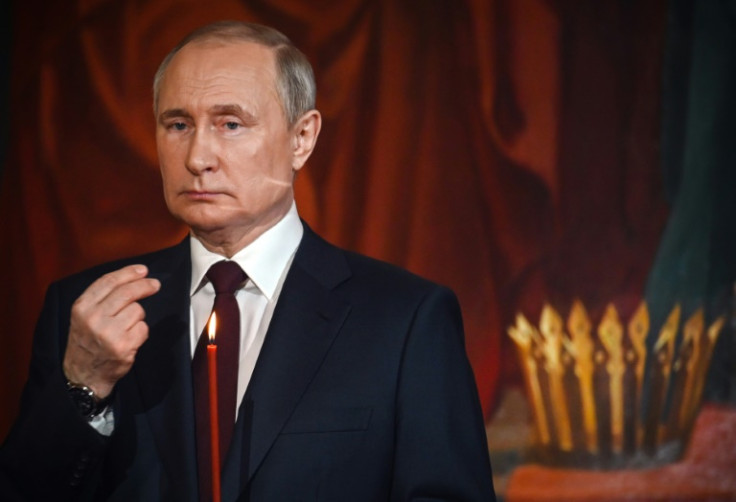Martial Law Meaning: What Does This Mean For Russia And Ukraine?

KEY POINTS
- Putin can only invoke martial law if Russia is facing aggression or 'immediate threat of aggression'
- Martial law grants the military temporary control over regular civil functions and civil law
- Martial law will also give Russian authorities that power to detain people for up to a month
Russian President Vladimir Putin on Wednesday declared martial law in the four Ukrainian territories Moscow illegally annexed last month, raising concern over what the invocation of the law could mean for the ongoing war.
During a meeting of Russia's Security Council, Putin announced that he signed a decree that would give emergency powers to regional leaders across Russian regions and introduce martial law in Donetsk, Luhansk, Kherson and Zaporizhzhia starting Thursday. In his announcement, Putin said the law was imposed to "formalize this regime within the framework of Russian legislation," NBC News reported.
Putin can only invoke martial law if Russia is facing aggression or the "immediate threat of aggression." Under martial law, the control of a country's regular civil functions and civil law will temporarily be turned over to the military. This means the military can impose curfews, restrict a person's freedom of movement, seize civilian properties, monitor communications and order citizens to rebuild destroyed infrastructures, as per The Washington Post.
The martial law will also give Russian authorities the power to carry out "mobilization measures in the economic sphere" as well as implement measures to "meet the needs of the Armed Forces of the Russian Federation," according to an official document published by the Kremlin. The move could lead to a crackdown on anti-war protests in Russia.
In addition to mobilization measures, Russia will also set up checkpoints and implement vehicle inspections. A special regime is expected to be introduced and its task would be maintaining "entry into and exit from the territory." Authorities can also detain people for up to a month.
In terms of the operation of certain facilities, Russia said it would introduce control over the work of facilities that ensure the functioning of communications, printing houses, computer centers and automated systems.
The martial law also includes provisions that would allow authorities to forcibly relocate residents to other regions as well as the evacuation of "objects of economic, social and cultural significance."
It is unclear how effectively Russia could implement martial law provisions in the annexed territories as the four regions are not entirely under the control of Russian troops.

© Copyright IBTimes 2025. All rights reserved.






















